Compared to cooked foods, are raw foods healthier? The raw foodists, as these people are sometimes referred to, maintain that consuming only uncooked fruits and vegetables (some add raw seafood and/or meat to their diets) can promote weight loss and aid in the prevention and treatment of certain diseases. Some people believe this to the point where they will only eat raw foods. They further claim that cooking damages important enzymes that aid in food digestion.
While it' s commonly known that different cooking techniques can remove vitamins and minerals from some plants, cooking also increases the body' s ability to absorb some elements from other meals, such as grains and legumes. However, you must be cautious about how long you store them in the refrigerator because some foods degrade much more quickly than you might expect.
For precisely this reason, dietitians may advise against eating specific vegetables uncooked. Asparagus and even tomatoes, for example, really have more nutritious value after cooking. While some other veggies may be healthy and taste great when eaten raw, doing so may result in bloating or gas. Cruciferous vegetables, such as cauliflower, broccoli, and Brussels sprouts, are especially prone to have this impact.
However, some foods should never be consumed raw, or should only be consumed seldom or in tiny amounts since they contain a variety of toxins. Many of these contain such minute amounts of potentially dangerous substances that it would take ingesting enormous amounts of them to have any negative consequences. However, in other situations, even a few bites can result in issues. For example, kidney beans are one of the finest foods for your gut health when cooked, yet they are extremely hazardous when consumed raw.
1. Eggplant
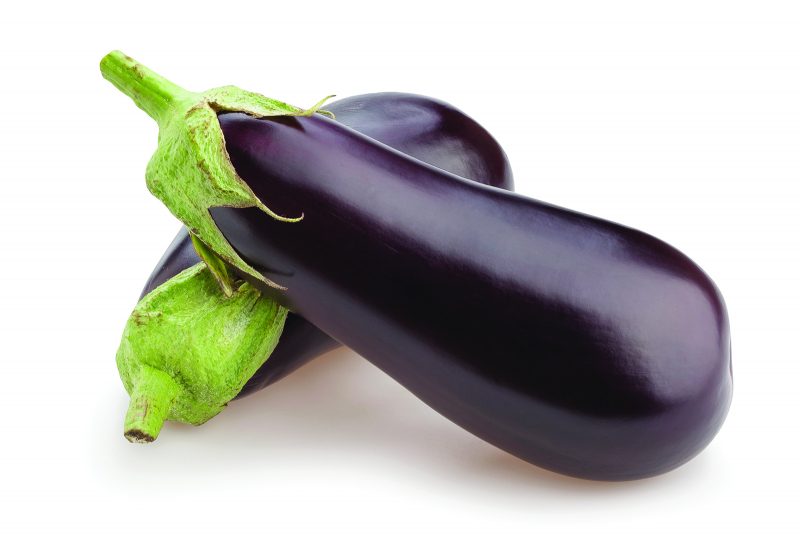
As a member of the nightshade family, including belladonna, a relative of the so- called deadly nightshade, eggplant contains solanine, a steroidal chemical with a bitter flavor. Extremely high doses of solanine can be lethal, and too much of it can also result in nausea, vertigo, and other health issues. However, cooking eggplant reduces its solanine level, and in any case, most experts concur that you would need to consume an excessive amount of the vegetable to have negative consequences. However, because some people are allergic to even trace amounts of the substance, it is best to avoid eating raw eggplant.
2. Green beans
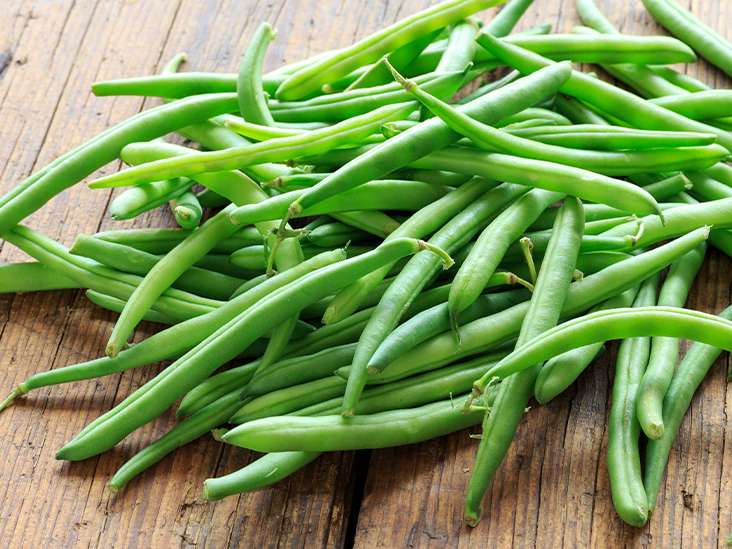
Green beans come in more than 130 different types and are widely regarded as a particularly healthy vegetable since they are rich in vitamins A, C, and K. A couple of them in a salad should be okay to eat raw, but they are somewhat poisonous if not cooked. Additionally, they have lectins, so- called antinutrients that hinder the body' s capacity to absorb vitamins and minerals and may result in digestive problems. During cooking, these are significantly diminished.
2. Kidney beans
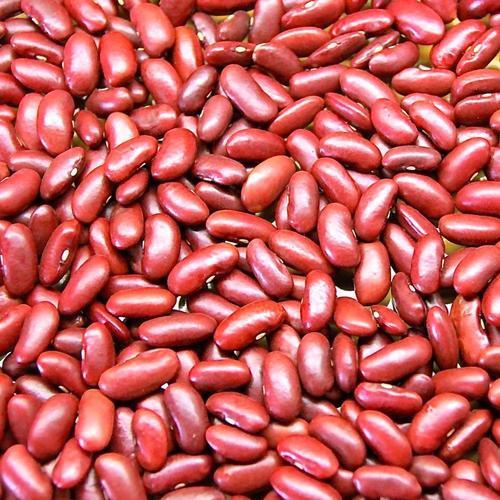
Red kidney bean poisoning is a real condition that causes severe nausea, diarrhea, and abdominal pain. This is brought on by a toxin known as phytohaemagglutinin, which is abundant in uncooked kidney beans. Insufficient heating, like in slow cookers that don' t work properly, can actually make them more poisonous, while thorough cooking makes them safe.
4. Lima beans
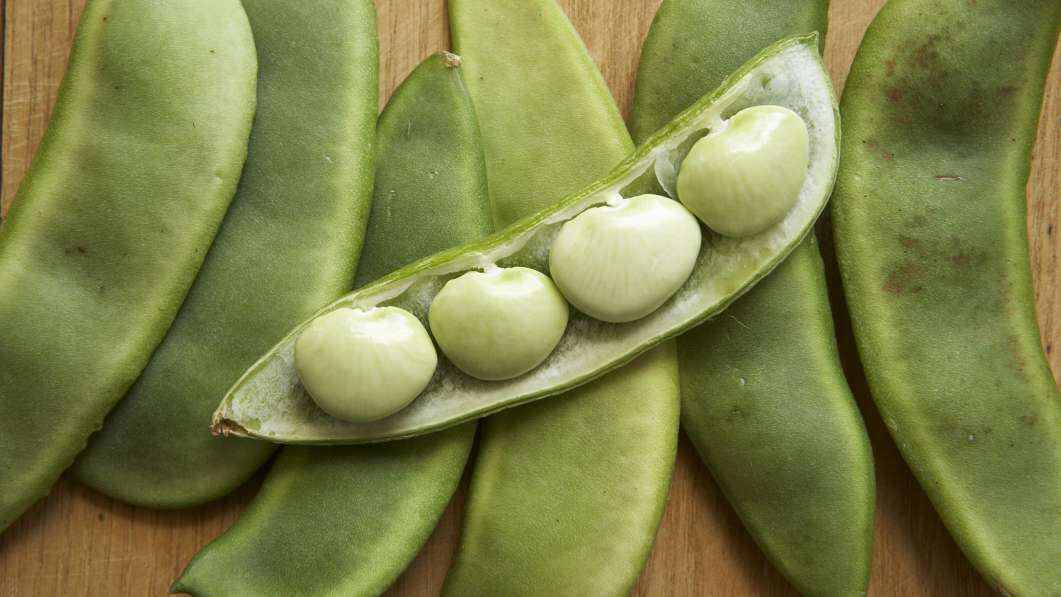
Similar to cassava, uncooked lima beans have linamarin, which breaks down to become cyanide. Though thorough heating neutralizes the toxicity, limas grown in the United States are required by law to have lower levels of the chemical than those grown abroad. (The beans should be cooked without a cover so that the linamarin can evaporate. )
5. Rhubarb leaves
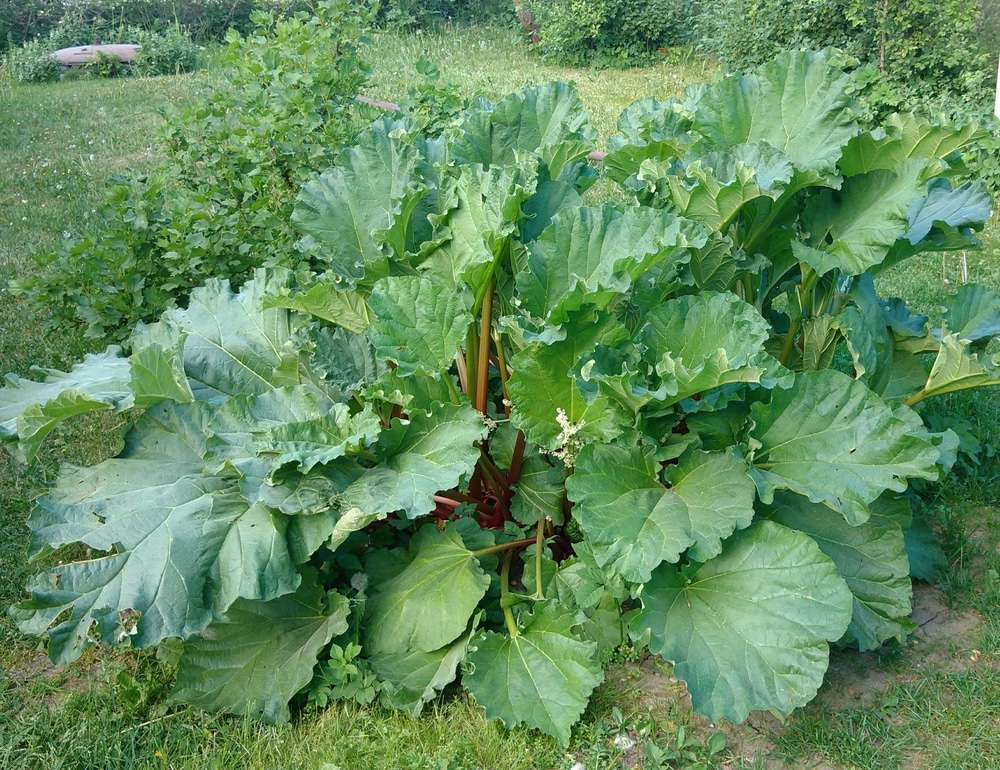
It' s imperative to remove all of the leaves from rhubarb stalks before using them because they taste delicious in pies (often made with strawberries) and other desserts. Rhubarb stalks resemble overgrown red celery. (Washing the stalks well is also a good idea. ) While rhubarb is completely harmless and can even be used medicinally, its leaves contain a lot of oxalic acid, which can have a number of unpleasant side effects, such as nausea, diarrhea, and a burning throat.
6. Spinach
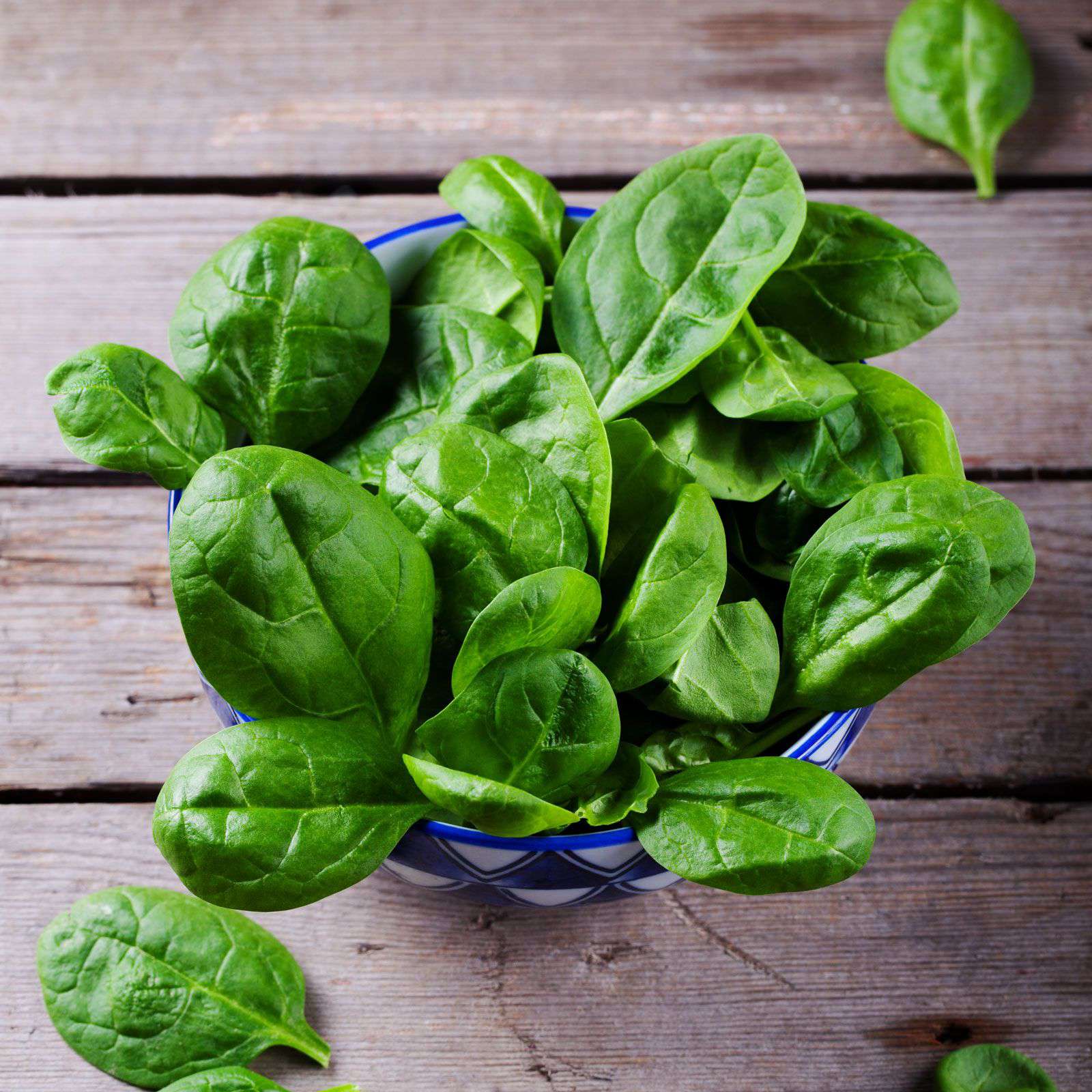
Raw spinach salads have been consumed by many of us with no negative consequences. However, oxalic acid, which restricts calcium absorption and may promote the development of kidney stones, is present in spinach, just as it is in rhubarb leaves. The majority of the acid is removed by boiling the spinach and discarding the cooking water. The fact that spinach is particularly prone to E. coli and other bacterial contamination when eaten raw presents another problem with the leaves, which are again largely destroyed by cooking.
7. Wild mushroom
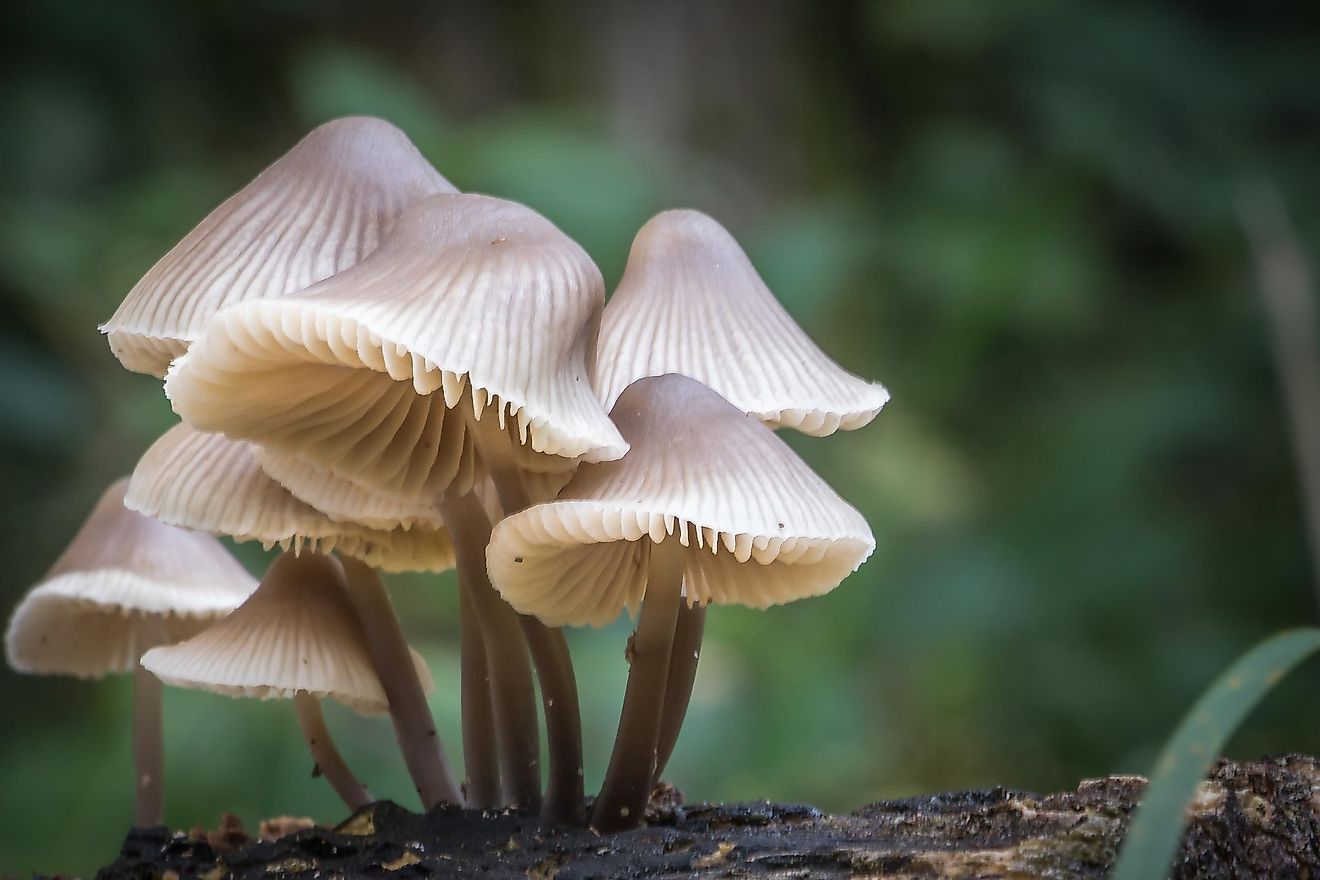
Mushrooms that have been grown in a lab are safe to consume raw and go well with salads. Some wild mushroom types are occasionally served uncooked in restaurants, particularly in Europe, however this practice is generally unwise. They are difficult to digest, to start with. Additionally, several types are only safe to eat when cooked because they are slightly or severely poisonous when eaten raw. It' s recommended to stay away from mushrooms raw unless you' re an expert mushroom hunter.



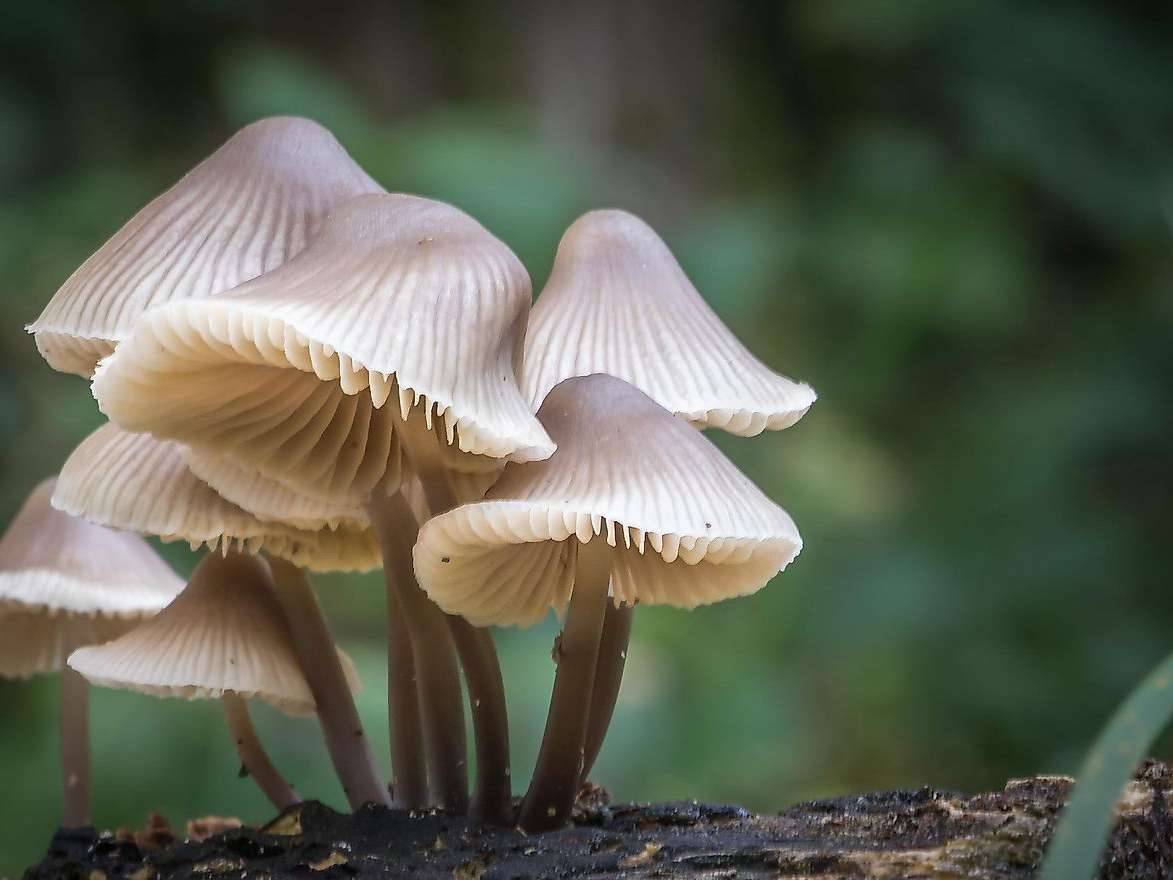
No comments yet
Be the first to share your thoughts!